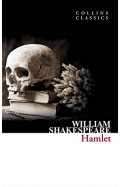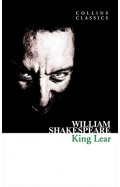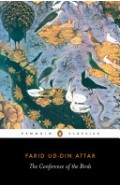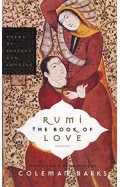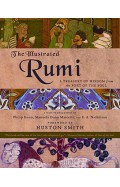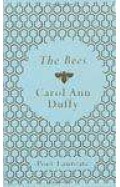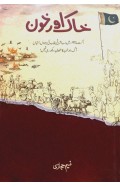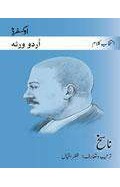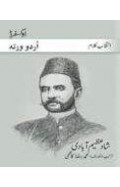Beloved Delhi: A Mughal City and her Greatest Poets
By: Saif Mahmood
-
Rs 956.00
- Rs 1,195.00
- 20%
You save Rs 239.00.
Due to constant currency fluctuation, prices are subject to change with or without notice.
Urdu poetry rules the cultural and emotional landscape of India—especially northern India and much of the Deccan—and of Pakistan. And it was in the great, ancient city of Delhi that Urdu grew to become one of the world’s most beautiful languages. Through the 18th and 19th centuries, while the Mughal Empire was in decline, Delhi became the capital of a parallel kingdom—the kingdom of Urdu poetry—producing some of the greatest, most popular poets of all time. They wrote about the pleasure and pain of love, about the splendour of God and the villainy of preachers, about the seductions of wine, and about Delhi, their beloved home.
This treasure of a book documents the life and work of the finest classical Urdu poets: Sauda, Dard, Mir, Ghalib, Momin, Zafar, Zauq and Daagh. Through their biographies and poetry—including their best-known ghazals—it also paints a compelling portrait of Mughal Delhi. This is a book for anyone who has ever been touched by Urdu or Delhi, by poetry or romance.
Urdu poetry rules the cultural and emotional landscape of India—especially northern India and much of the Deccan—and of Pakistan. And it was in the great, ancient city of Delhi that Urdu grew to become one of the world’s most beautiful languages. Through the 18th and 19th centuries, while the Mughal Empire was in decline, Delhi became the capital of a parallel kingdom—the kingdom of Urdu poetry—producing some of the greatest, most popular poets of all time. They wrote about the pleasure and pain of love, about the splendour of God and the villainy of preachers, about the seductions of wine, and about Delhi, their beloved home.
This treasure of a book documents the life and work of the finest classical Urdu poets: Sauda, Dard, Mir, Ghalib, Momin, Zafar, Zauq and Daagh. Through their biographies and poetry—including their best-known ghazals—it also paints a compelling portrait of Mughal Delhi. This is a book for anyone who has ever been touched by Urdu or Delhi, by poetry or romance.
Beloved Delhi: A Mughal City and her Greatest Poets
By: Saif Mahmood
Rs 956.00 Rs 1,195.00 Ex Tax :Rs 956.00
Zubin Mehta: A Musical Journey (An Authorized Biography)
By: VOID - Bakhtiar K. Dadabhoy
Rs 630.00 Rs 1,050.00 Ex Tax :Rs 630.00
Rumi The Book Of Love Poems Of Ecstasy And Longing
By: Coleman Barks
Rs 3,395.00 Ex Tax :Rs 3,395.00
The Illustrated Rumi: A Treasury of Wisdom from the Poet of the Soul
By: Philip Dunn
Rs 2,695.00 Ex Tax :Rs 2,695.00
No similar books from this author available at the moment.
No recently viewed books available at the moment.
Zubin Mehta: A Musical Journey (An Authorized Biography)
By: VOID - Bakhtiar K. Dadabhoy
Rs 630.00 Rs 1,050.00 Ex Tax :Rs 630.00
Beloved Delhi: A Mughal City and her Greatest Poets
By: Saif Mahmood
Rs 956.00 Rs 1,195.00 Ex Tax :Rs 956.00












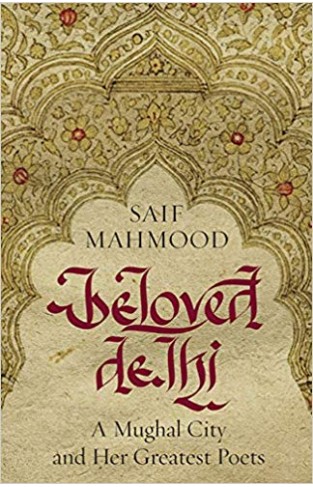
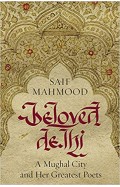
-120x187.jpg?q6)





